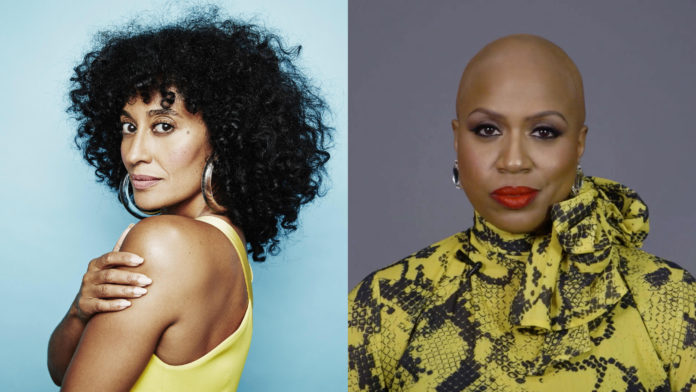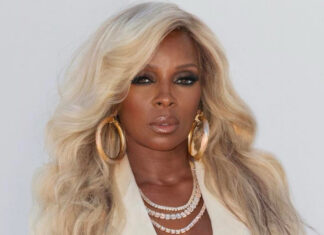
Hair discrimination is a topic that has been a very prominent issue within the black community, and Tracee Ellis Ross and rep. Ayanna Pressley have made it their mission to shed light on this issue.
On December 17, Dove, National Urban League and Western Center on Law and Poverty, surrounded a conversation on hair discrimination, and the importance of Black businesses. Tying into ‘Color Of Change’ debuting a panel titled: InHAIRitance: Supporting Hair Love & Small Black Beauty Businesses. Joining the conversation was rep Leslie Herod, Thomasina Jackson, Jennifer Lord, and Vice President of Color of Change Arisha Hatch.
Color Of Change is the nation’s largest online racial justice organization that helps people respond effectively to injustice in the world.
“Black hair has been at the center of economic, political, and cultural revolutions,” said actress Tracee Ellis Ross during the discussion. “We think of maps to freedom hidden in our braids; Angela Davis and her afro as a symbol of pride and resistance; Frederick Douglass’ hair as an expression of prosperity and perseverance against all odds. Hairstyle discrimination is an economic issue and a civil rights issue. Grooming policies are arbitrarily enforced, and prevent access to academic and economic opportunities for the Black community. The CROWN Act is an essential policy, safeguarding the existence, dignity, and humanity of Black people.”
The CROWN Act (Create a Respectful and Open World for Natural Hair) was implemented in 2019 and was proposed to end hair discrimination in schools and the workplace.
Representative Ayanna Pressley reflected on the longevity of racial and hair discrimination, “Every Black person has a story of racial discrimination, and hair discrimination has been a part of our experience as Black people for far too long,” said Pressley “It’s not just about the impact on self esteem or how it undermines ethnic pride; hair discrimination can affect Black people’s ability to learn and, as a consequence, our economic status. The CROWN Act would codify nondiscrimination protections so that employers cannot discriminate based on ethnic hairstyles — and it will help liberate us to show up as our most authentic selves. The CROWN Act is civil rights legislation that grants us our rightful self-hood.”
“Black hair has been at the center of economic, political, and cultural revolutions,” said Tracee Ellis Ross, CEO of PATTERN. “The CROWN Act is an essential policy, safeguarding the existence, dignity, and humanity of Black people.”
Check out the full panel discussion below and see how you can be apart of ending hair discrimination :








